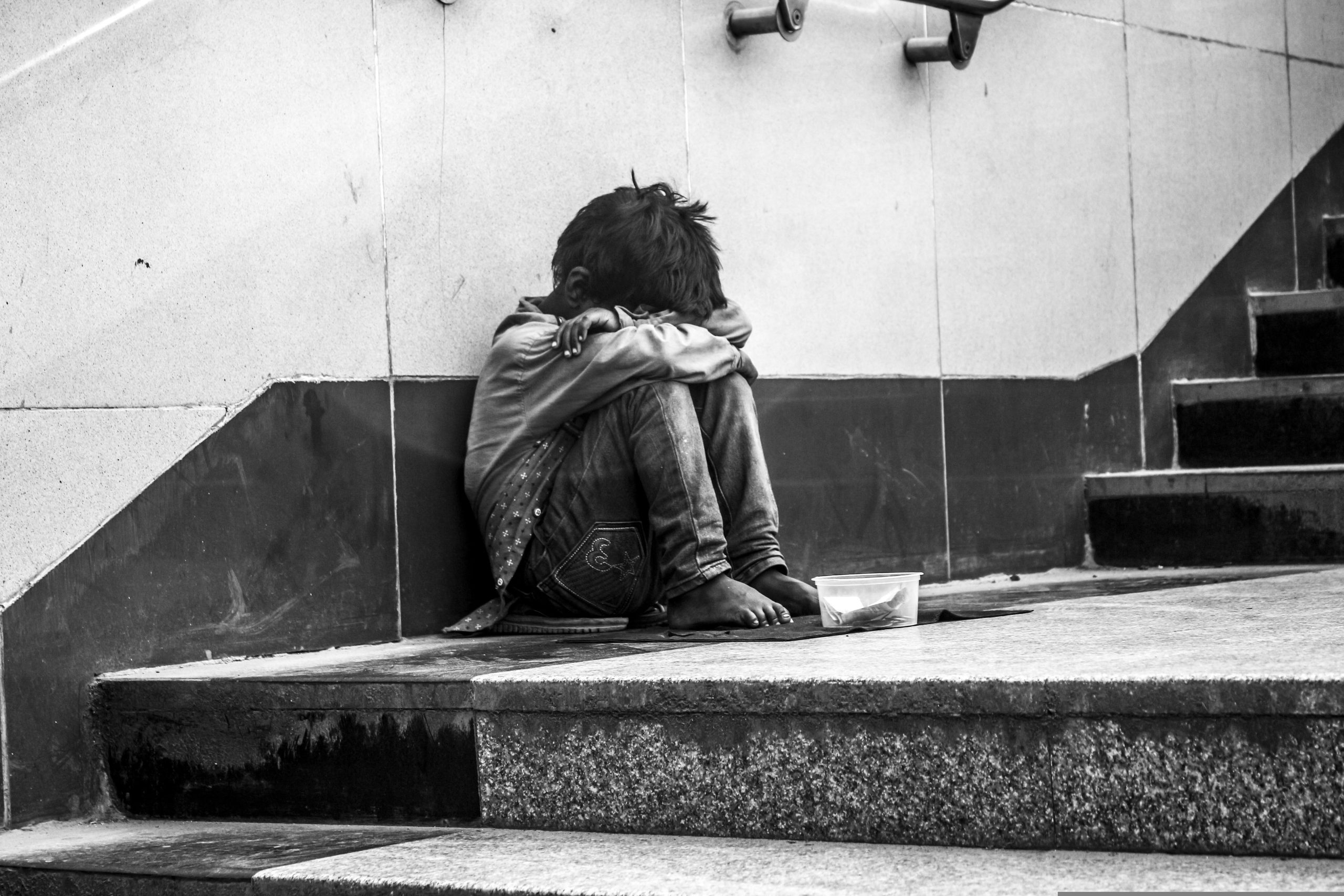SPAIN has the highest child poverty rate in the European Union, with more than two million children – 28% of the total number of youngsters in the country – living in households with incomes that are below the poverty line.
That’s according to the latest report from the United Nations Children’s Fund (Unicef), which is titled ‘The State of Children in the European Union 2024’ and was published today.
The report’s findings state that one in four children in the EU as a whole are currently at risk of poverty or social exclusion, which marks a rise of one million children since 2019 and brings the total number of young people in this situation across the 27-country bloc to 20 million.

The investigation also draws attention to the challenges faced by children living in the EU, which include mental health issues, online sexual abuse, pollution and rising poverty.
“The EU is one of the most prosperous regions in the world,” said Bertrand Bainvel, UNICEF’s Representative to EU Institutions. “Yet high rates of poverty and social exclusion, mental health problems, exposure to pollution, and numerous risks online are depriving millions of children of opportunities, and undermining the potential of the EU’s youngest generation.”
As for Spain, Unicef has made a series of recommendations, including a €120 monthly tax break for each child aged under 18, more measures to improve work-life balance, more mental health professionals to be made available for children and adolescents, and a cross-party pact from the central government to protect youngsters in the digital environment.
Read more:
- Percentage of Spaniards at risk of poverty or social exclusion falls two points to 26%
- Inflation spikes in Spain due to increased electricity costs – but remains lower compared to a year ago










